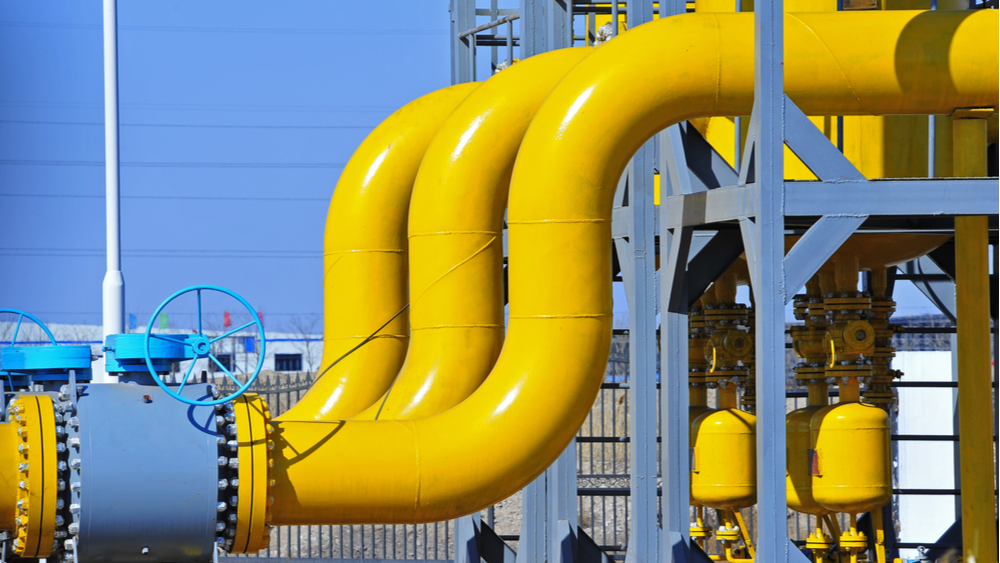EU imports of energy products continue to drop

In the first quarter of 2024, the EU imported €95.5 billion worth of energy products, amounting to a total of 183.8 million tonnes. Compared with the same quarter of 2023, imports decreased both in value (-26.4%) and in net mass (-10.4%).
The value of imported natural gas in gaseous state decreased by 56.8% in the first quarter of 2024, compared with the same quarter of 2023, while the volume dropped by 11.7%. A similar trend was observed for liquified gas, with imports showing a sharp decrease in value (-54.1%) and a more modest decrease in volume (-11.4%). The significant decrease in value reflected the declining prices of natural gas after the price surge in 2022, while the decrease in volume should be seen in the context of the EU reduction plan, where EU countries committed to reducing their gas consumption by at least 15%.
Both the value and volume of imported petroleum oils remained stable compared with the first quarter of 2023 (0.4% increase in value and 0.9% decrease in volume).
Source datasets: Comext and Eurostat estimates
Similar trends can be observed when considering the monthly averages for the first quarter of 2024 compared with the monthly averages from previous years. The monthly average value of imported petroleum oils in the first quarter of 2024 was 1.8% lower than the monthly average in 2023, while the volume decreased by 1.2%. In contrast, large decreases were recorded for liquefied natural gas, with a 35.9% decline in value and a 14.5% reduction in volume, and for natural gas in gaseous state, with a 41.3% drop in value and a 9.8% decrease in volume.
Norway and the United States - key energy suppliers
In the first quarter of 2024, most of the EU imports of petroleum oils came from the United States (17.1%), Norway (13.6%) and Kazakhstan (10.9%).
Almost half of the natural gas in gaseous state came from Norway (46.6%). Algeria followed with 19.7%, ahead of Russia with 17.3%.
The United States provided almost half of the imported liquified natural gas (47.4%), ahead of Russia (17.7%) and Algeria (9.9%).
Source datasets: Comext and Eurostat estimates
For more information
- Statistics Explained article on EU imports of energy products - latest developments
- Thematic section on international trade in goods
- Database on international trade in goods
- The European Green Deal
Methodological note
- In the EU reduction plan, EU countries committed to reducing their gas consumption by at least 15%. This plan initially covered the period from 1 August 2022 to 31 March 2023 but was extended to 31 March 2024.
- Energy products in this article refer to petroleum oils, natural gas and solid fuels. The following products from the Combined Nomenclature (CN) are included: petroleum oils (petroleum oils from natural gas condensates: 27090010, petroleum oils and oils obtained from bituminous minerals, crude: 27090090), natural gas (natural gas liquefied: 27111100, natural gas in gaseous state: 27112100), solid fuels (coal: 2701, lignite: 2702, peat: 2703, coke: 2704).
If you have any queries, please visit our contact us page.


